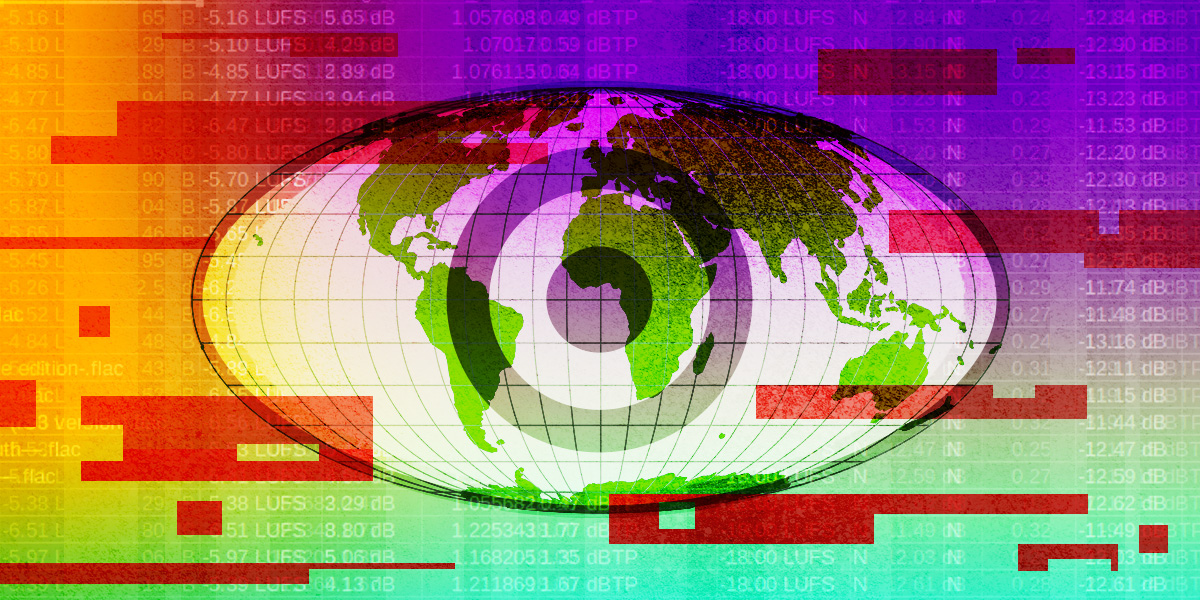The proposed UN Cybercrime Treaty puts security researchers and journalists at risk of being criminally prosecuted for their work identifying and reporting computer system vulnerabilities, work that keeps the digital ecosystem safer for everyone.
The proposed text fails to exempt security research from the expansive scope of its cybercrime prohibitions, and does not provide mandatory safeguards to protect their rights.
Instead, the draft text includes weak wording that criminalizes accessing a computer “without right.” This could allow authorities to prosecute security researchers and investigative journalists who, for example, independently find and publish information about holes in computer networks.
These vulnerabilities could be exploited to spread malware, cause data breaches, and get access to sensitive information of millions of people. This would undermine the very purpose of the draft treaty: to protect individuals and our institutions from cybercrime.
What's more, the draft treaty's overbroad scope, extensive secret surveillance provisions, and weak safeguards risk making the convention a tool for state abuse. Journalists reporting on government corruption, protests, public dissent, and other issues states don't like can and do become targets for surveillance, location tracking, and private data collection.
Without clear protections, the convention, if adopted, will deter critical activities that enhance cybersecurity and press freedom. For instance, the text does not make it mandatory to distinguish between unauthorized access and bypassing effective security measures, which would protect researchers and journalists.
By not mandating malicious or dishonest intent when accessing computers “without right,” the draft convention threatens to penalize researchers and journalists for actions that are fundamental to safeguards the digital ecosystem or reporting on issues of public interest, such as government transparency, corporate misconduct, and cybersecurity flaws.¸
For an in-depth analysis, please read further.












